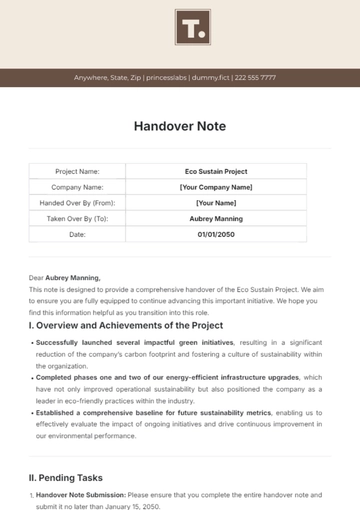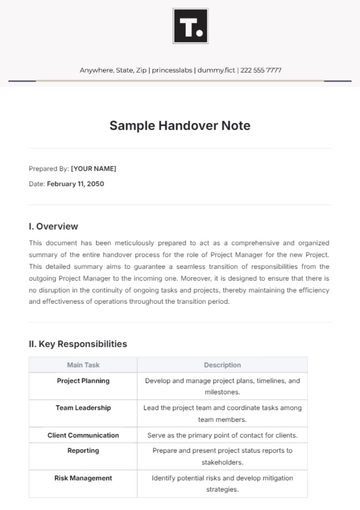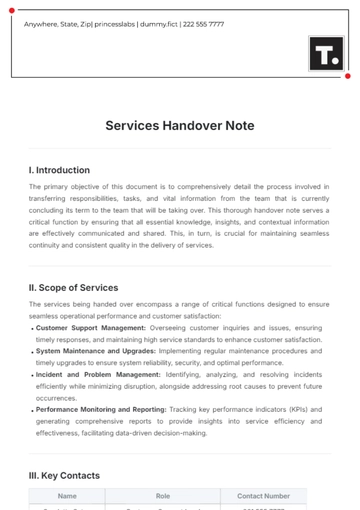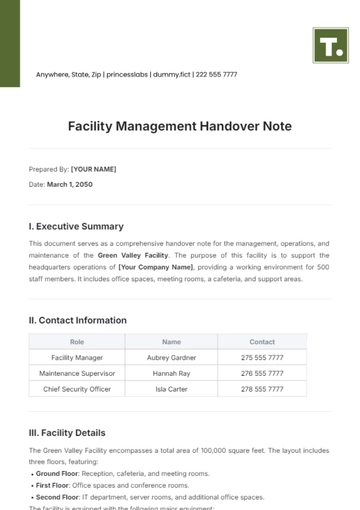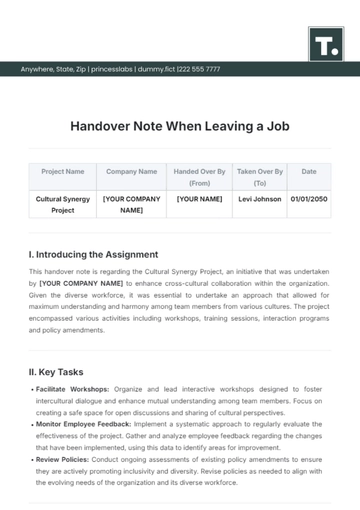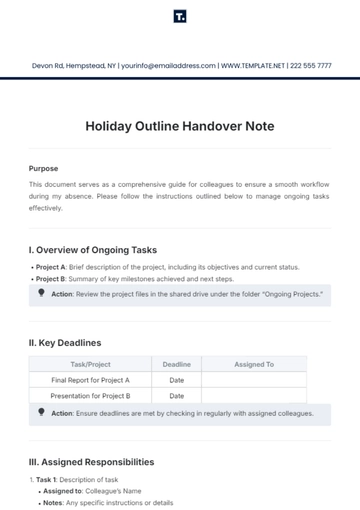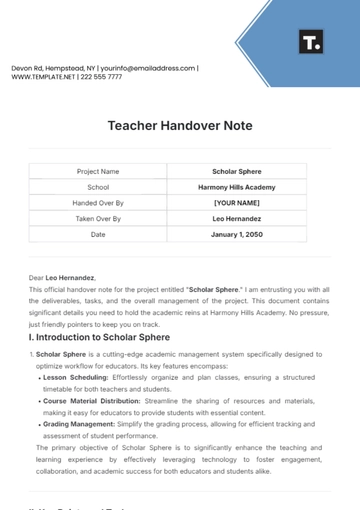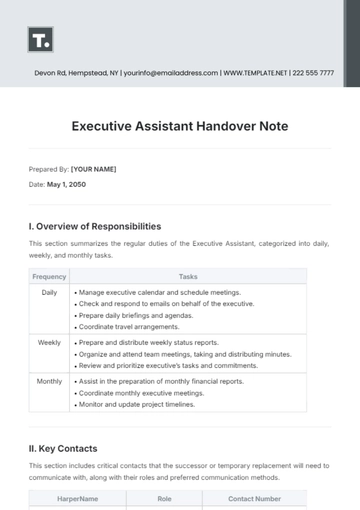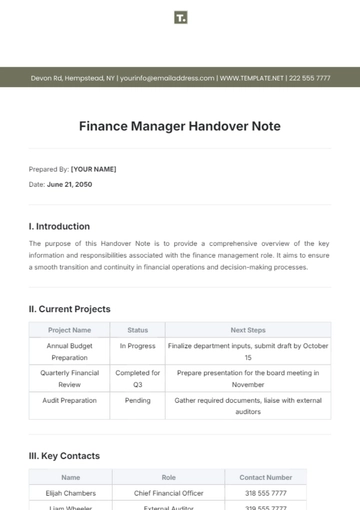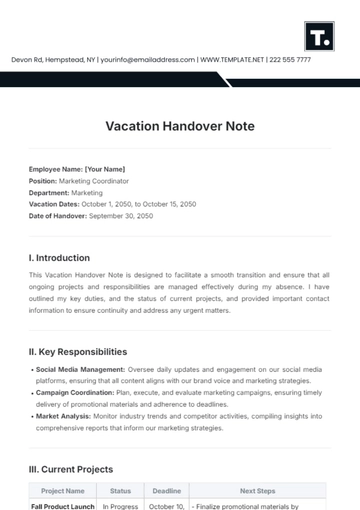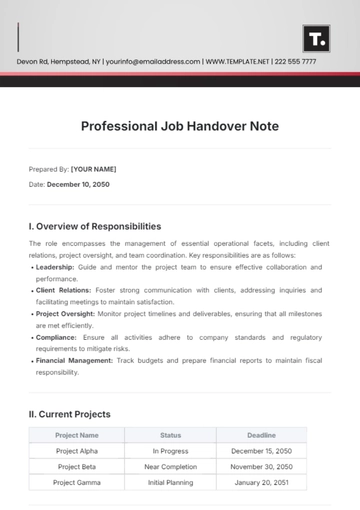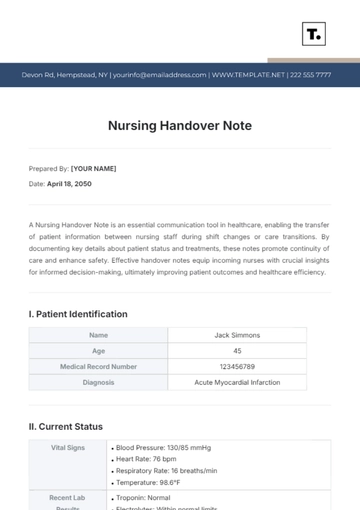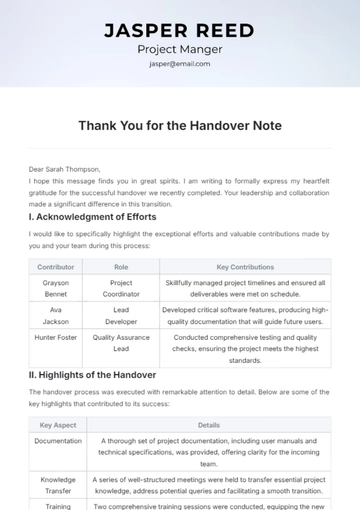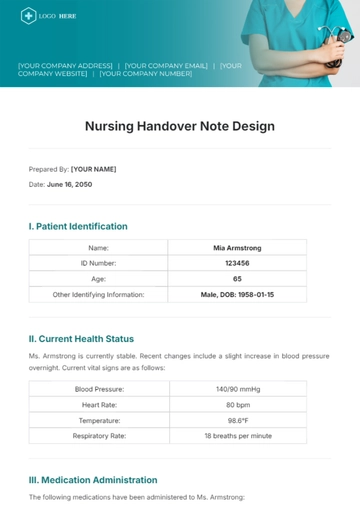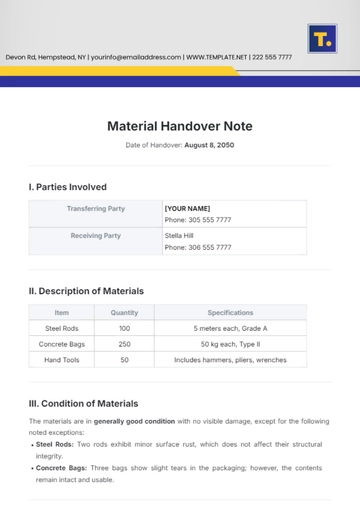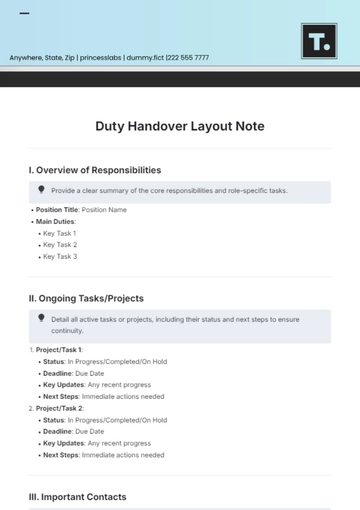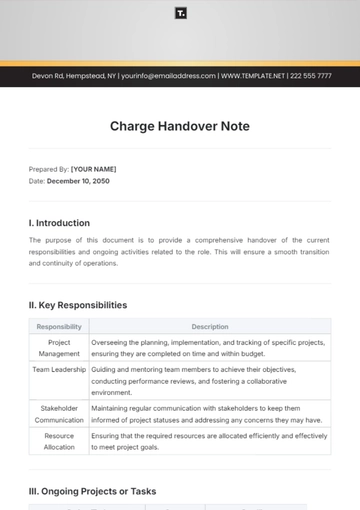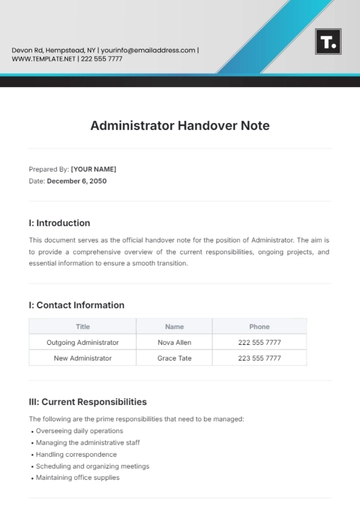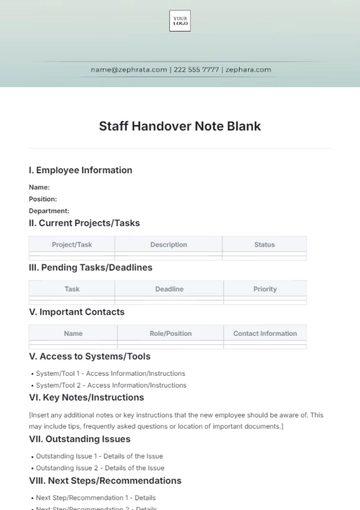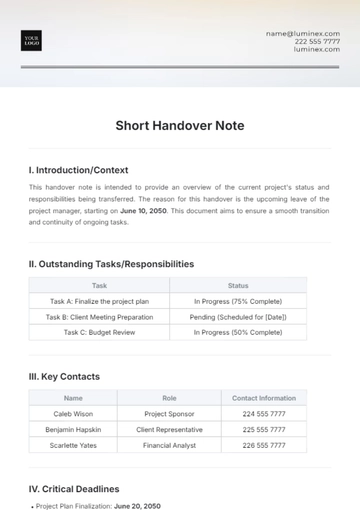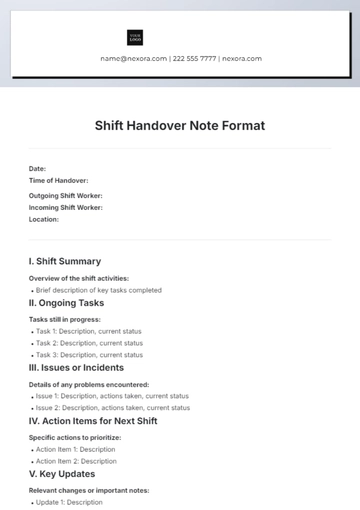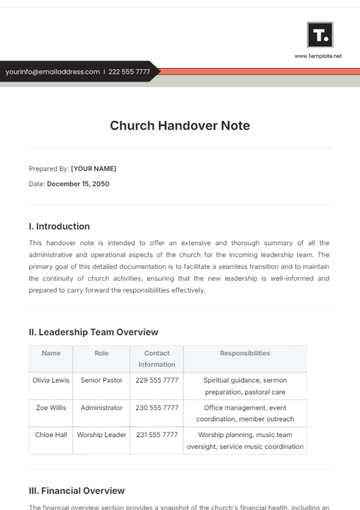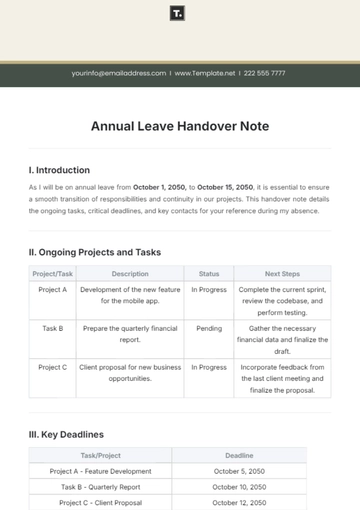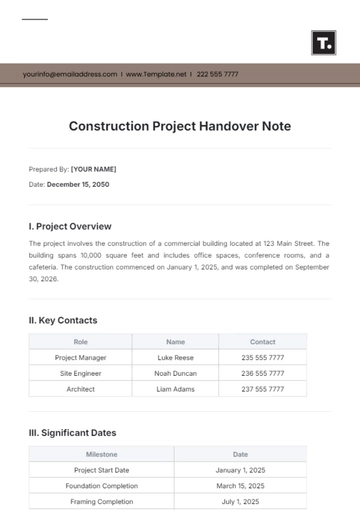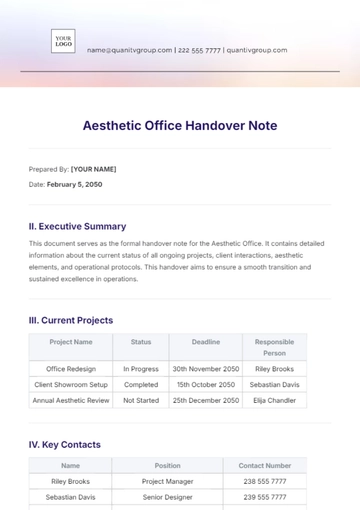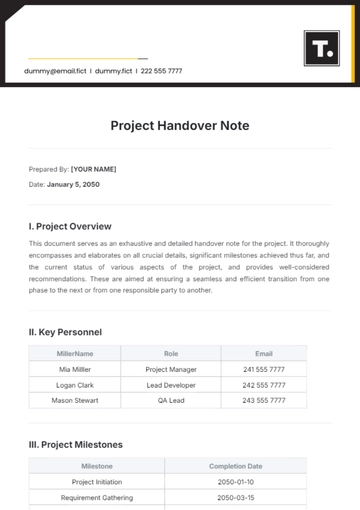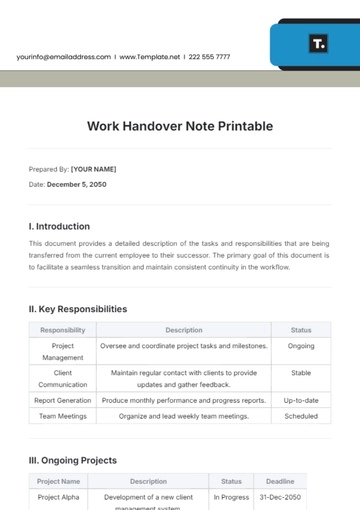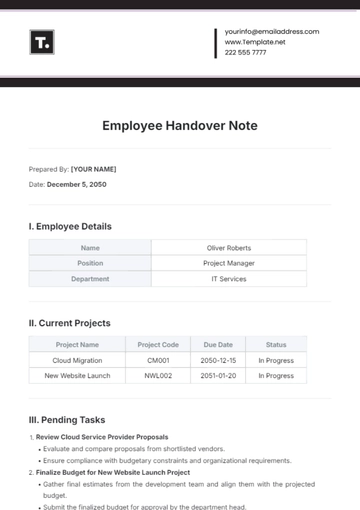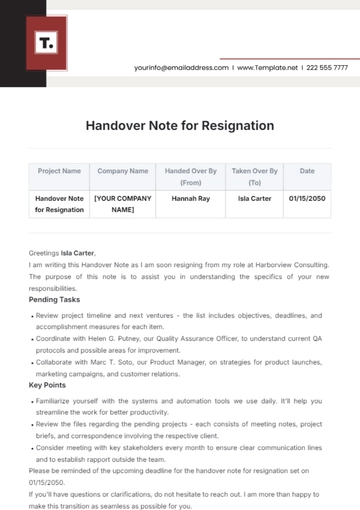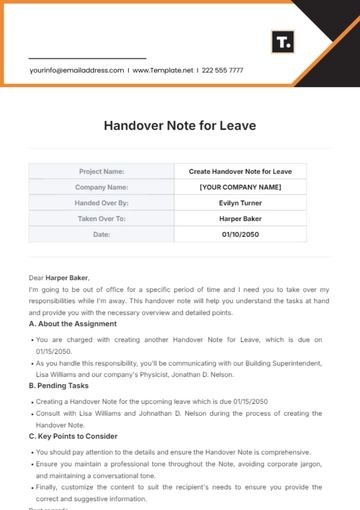Free Oncology Hospital Note Design
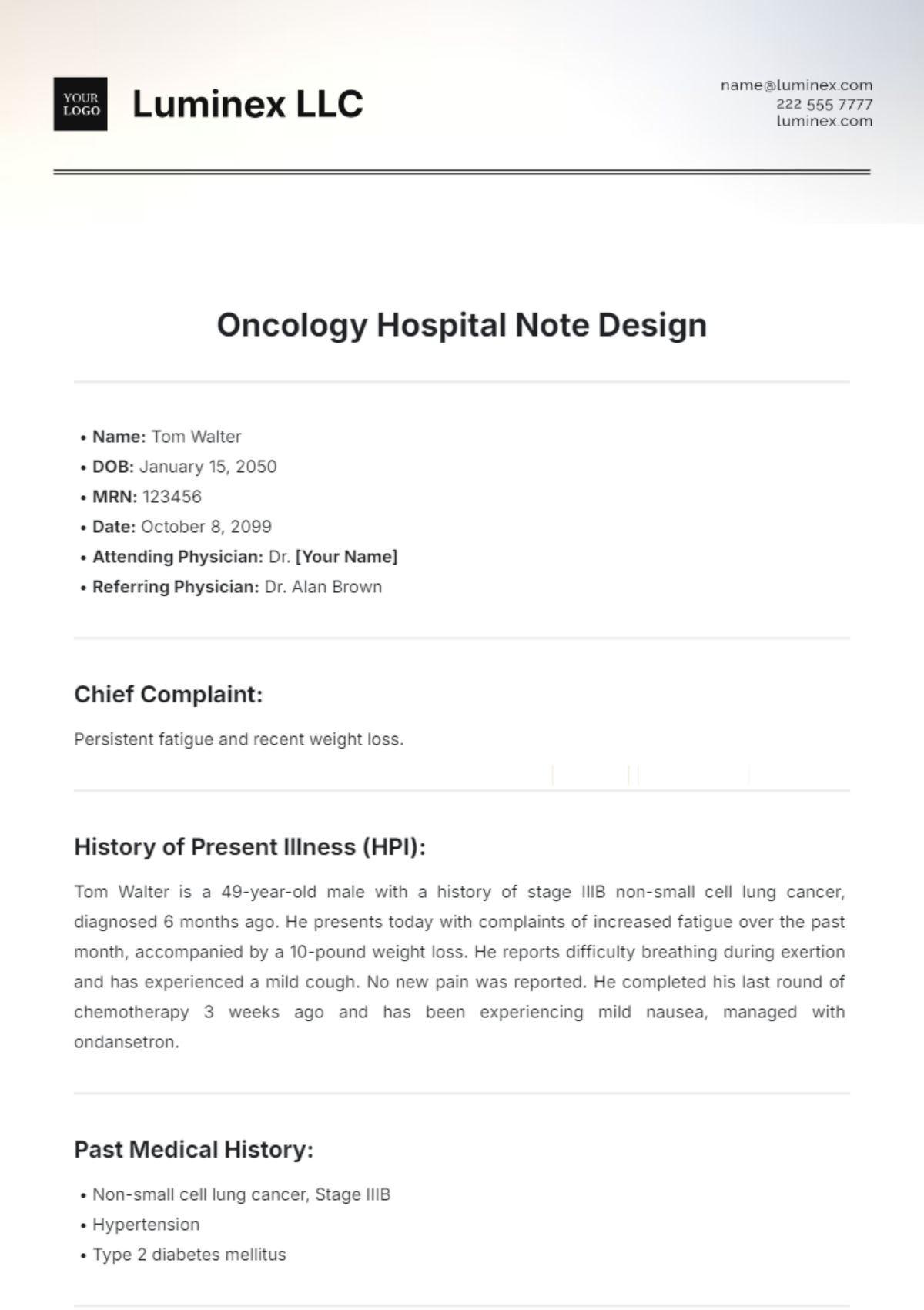
Name: Tom Walter
DOB: January 15, 2050
MRN: 123456
Date: October 8, 2099
Attending Physician: Dr. [Your Name]
Referring Physician: Dr. Alan Brown
Chief Complaint:
Persistent fatigue and recent weight loss.
History of Present Illness (HPI):
Tom Walter is a 49-year-old male with a history of stage IIIB non-small cell lung cancer, diagnosed 6 months ago. He presents today with complaints of increased fatigue over the past month, accompanied by a 10-pound weight loss. He reports difficulty breathing during exertion and has experienced a mild cough. No new pain was reported. He completed his last round of chemotherapy 3 weeks ago and has been experiencing mild nausea, managed with ondansetron.
Past Medical History:
Non-small cell lung cancer, Stage IIIB
Hypertension
Type 2 diabetes mellitus
Medication List:
Ondansetron 8 mg orally, as needed for nausea
Lisinopril 10 mg orally once daily
Metformin 1000 mg orally twice daily
Atezolizumab 1200 mg IV every 3 weeks
Allergies:
No known drug allergies.
Physical Exam:
General Appearance: Alert, in mild respiratory distress.
Vital Signs: BP 130/85 mmHg, HR 88 bpm, Temp 98.6°F, RR 20 breaths/min, O2 Sat 92% on room air.
Head and Neck: No lymphadenopathy, oral mucosa moist.
Chest/Lungs: Decreased breath sounds bilaterally, wheezing noted, mild crackles.
Cardiovascular: Regular rate and rhythm, no murmurs.
Abdomen: Soft, non-tender, no organomegaly.
Extremities: No edema, pulses intact.
Neurological: Alert and oriented, cranial nerves II-XII intact.
Laboratory and Imaging Results:
CBC: Hemoglobin 11.2 g/dL, WBC 7,500/mm³, Platelets 180,000/mm³ (anemia noted).
CT Chest: Increased size of right upper lobe mass, stable mediastinal lymphadenopathy.
Pulmonary Function Tests: Mild obstructive pattern.
Assessment:
The patient is a 49-year-old male with progressive symptoms consistent with advanced lung cancer. Recent imaging shows disease progression. The patient is experiencing treatment-related fatigue and anemia.
Plan:
Treatment:
Discuss the initiation of palliative care with the patient and family.
Continue the current chemotherapy regimen with Atezolizumab.
Consider referral for radiation therapy to manage symptoms related to the lung mass.
Supportive Care:
Increase ondansetron to manage nausea more effectively.
Consult with a nutritionist for dietary adjustments to address weight loss.
Follow-Up:
Schedule a follow-up appointment in 2 weeks to reassess symptoms and response to treatment.
Order a repeat CT scan in 6 weeks to evaluate treatment efficacy.
Patient Education:
Provided educational materials on lung cancer treatment options and palliative care resources.
Discussed signs and symptoms of potential complications to monitor at home.
Signature:

Dr. [Your Name], MD
Attending Oncologist
- 100% Customizable, free editor
- Access 1 Million+ Templates, photo’s & graphics
- Download or share as a template
- Click and replace photos, graphics, text, backgrounds
- Resize, crop, AI write & more
- Access advanced editor
Create detailed and professional medical notes with the Oncology Hospital Note Design Template from Template.net. This fully customizable and editable template ensures accurate documentation for oncology patients. Easily personalize the content to suit your needs, and effortlessly edit it using our AI Editor Tool for fast, precise, and reliable healthcare record management.
You may also like
- Delivery Note
- Notes Release
- Concept Note
- Class Note
- Hospital Note
- Apology Note
- Credit Note
- Handover Note
- Personal Note
- Excuse Note
- Case Note
- Sample Doctor Note
- Lesson Note
- Appointment Note
- Piano Note
- School Note
- Progress Note
- Business Note
- SOAP Note Templates
- Therapy Note
- Briefing Note
- Summary Note
- Sample Note
- Printable Note
